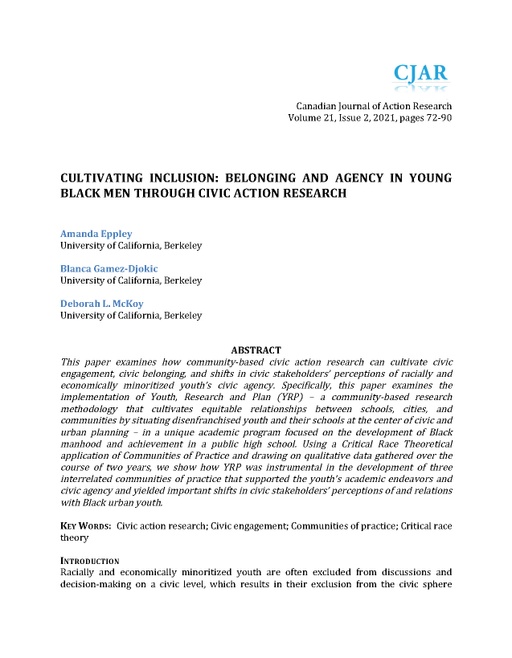

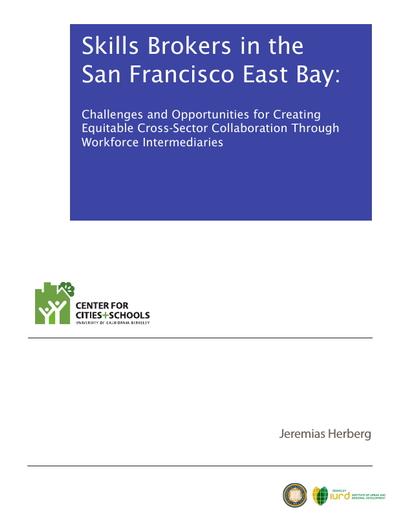
Skills Brokers in the San Francisco East Bay: Challenges and Opportunities for Creating Equitable Cross-sector Collaboration Through Workforce Intermediaries
This study provides a critical appraisal of intermediaries in demand-driven workforce development. In San Francisco East Bay, an emerging set of workforce intermediaries – here called the” Skills Brokers” – recently take issue in alleged Skills Gaps to create a cross-sector reform agenda. They seek to connect the supply and demand for STEM skills to…

Work-Based Learning through Civic Engagement
Work-based learning (WBL), an important part of the 1990s “School to Work” movement, is a core component of the Linked Learning strategy which is now shaping efforts to improve secondary education in California2 and around the nation in cities such as Detroit, New York and Philadelphia. WBL can include not only classic internships and “co-op”…
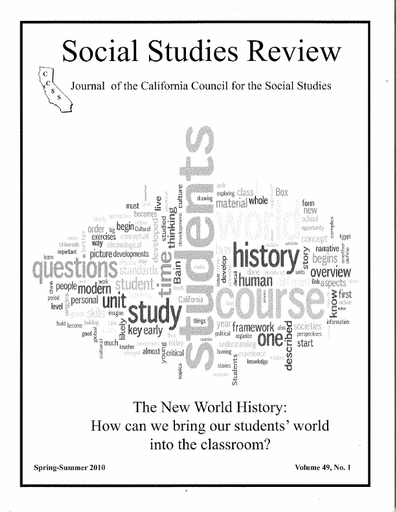
Social Enterprise for Learning: A Replicable Model of Service Learning and Civic Engagement
Many schools offer service learning—community service linked to classroom studies—to help students become more effective participants in a democratic society. Different forms of service learning combine various amounts of discussion and analysis of social issues with engagement in activities that have real impact outside the classroom. What we call “Social Enterprise for Learning,” or SEfL,…
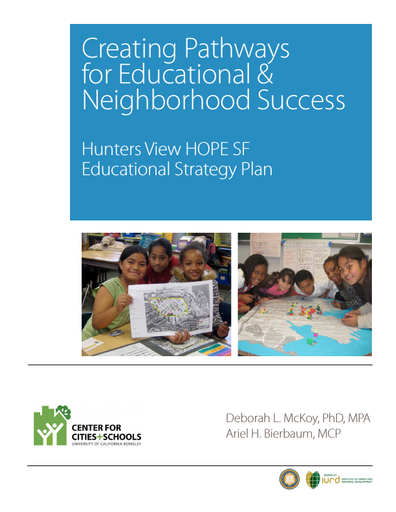
Creating Pathways for Educational and Neighborhood Success: Hunters View HOPE SF Educational Strategy Plan
The HOPE SF Housing & Education strategic planning study investigates how to meaningfully integrate public education into the revitalization of the Bayview Hunters Point neighborhood. The study provides an overall understanding of the current educational landscape at Hunters View; highlights opportunities to maximize resources and outcomes for all residents and families; and assists in creating…
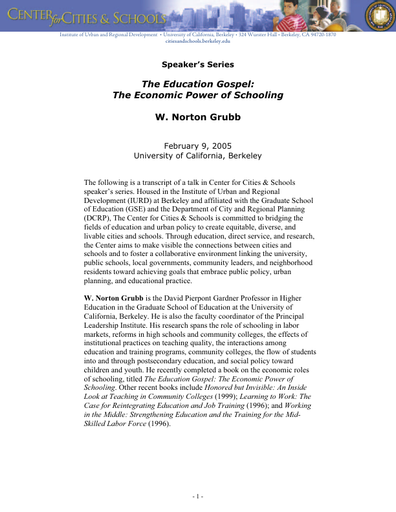
End of content
End of content
